Sonus Paradisi
St. Pons, 1771 [Hauptwerk]
St. Pons, 1771 [Hauptwerk]
No se pudo cargar la disponibilidad de retiro
St. Pons-de-Thomières, Micot Organ (1771)
The organ was constructed by Jean-Baptiste Micot (1712-1784), aided by his son Jean-Baptiste Micot Junior (1740-1815). This instrument belongs to the best preserved organs of acclaimed French organ building family.
The organ was altered a little by Clavel in 1830 when the descant of Vox humana was renewed, and then by Puget in 1870 who changed the pitch, but respected the original layout and stop list.
In 1980-1982 Bartélemy and Paul Manuel Formentelli provided the restoration of the instrument to its original state. The care of the organ is now entrusted to Michel Formentelli, who did a major overhaul in 2008, which is well documented on the web pages of the St. Pons organ.
Presented to you by Leonart Studio, your authorised reseller for Sonus Paradisi in Switzerland (shipped internationally). Get your digitally sampled historical organs for the use with the Hauptwerk virtual instrument software.
Share this Sample Set
![St. Pons, 1771 [Hauptwerk]](http://artful.shop/cdn/shop/files/ss_pons1.jpg?v=1692904784&width=1445)
![St. Pons, 1771 [Hauptwerk]](http://artful.shop/cdn/shop/files/ss_pons2.jpg?v=1692904784&width=1445)
![St. Pons, 1771 [Hauptwerk]](http://artful.shop/cdn/shop/files/ss_pons3.jpg?v=1692904783&width=1445)
![St. Pons, 1771 [Hauptwerk]](http://artful.shop/cdn/shop/files/ss_pons4.jpg?v=1692904785&width=1445)
![St. Pons, 1771 [Hauptwerk]](http://artful.shop/cdn/shop/files/ss_pons5.jpg?v=1692904784&width=1445)
![St. Pons, 1771 [Hauptwerk]](http://artful.shop/cdn/shop/files/ss_pons6.jpg?v=1692904785&width=1445)
![St. Pons, 1771 [Hauptwerk]](http://artful.shop/cdn/shop/files/ss_pons7.jpg?v=1692904783&width=1445)
![St. Pons, 1771 [Hauptwerk]](http://artful.shop/cdn/shop/files/ss_pons8.jpg?v=1692904784&width=1445)
![St. Pons, 1771 [Hauptwerk]](http://artful.shop/cdn/shop/files/ss_pons9.jpg?v=1692904786&width=1445)
![St. Pons, 1771 [Hauptwerk]](http://artful.shop/cdn/shop/files/ss_pons9b.jpg?v=1692904785&width=1445)
![St. Pons, 1771 [Hauptwerk]](http://artful.shop/cdn/shop/files/ss_pons10.jpg?v=1692904786&width=1445)
![St. Pons, 1771 [Hauptwerk]](http://artful.shop/cdn/shop/files/ss_pons10b.jpg?v=1692904785&width=1445)
![St. Pons, 1771 [Hauptwerk]](http://artful.shop/cdn/shop/files/ss_pons11.jpg?v=1692904783&width=1445)
Specification (stop list)
-
Manual I
Positif C–d3
Bourdon 8'
Prestant 4'
Doublette 2'
Fourniture III
Cymbale II
Flute 4'-8'
Nazard 2 2/3'
Tierce 1 3/5'
Larigot 1 1/3'
Cromorne 8' -
Manual II
Grand Orgue C–d3
Bourdon-Montre 16'
Montre 8'
Bourdon 8'
Prestant 4'
Doublette 2'
Fourniture IV
Cymbale III
Nazard 2 2/3'
Quarte de Nazard 2'
Tierce 1 3/5'
Grand Cornet V
Trompette 8'
Clairon 4'
Voix Humaine 8' -
Manual III
Récit c1–d3
Cornet V
Trompette 8' -
Manual IV
-
-
Pedal
Pédale C–c1 (f1 ext.)
Flute 8'
Flute 4'
Trompette 8'
Clairon 4'
Bourdon-Montre 16' -
Other specification
Bourdon-Montre 16' in the pedal is a virtual transmission from GO, not present on the original organ. This virtually added stop can be found only on the Simple jamb.
Couplers:
Pos/G.O.
Accessories:
Tremblant Doux
Tremblant Fort
History
St. Pons-de-Thomières, Micot Organ (1771)
The organ was constructed by Jean-Baptiste Micot (1712-1784), aided by his son Jean-Baptiste Micot Junior (1740-1815). This instrument belongs to the best preserved organs of acclaimed French organbuilding family.
The organ is located above the main altar of the church on its west side, since the church has lost its original Romanesque shape in the Hugenot wars when the eastern choir was destroyed. When the church was restored in 1711, its traditional liturgical orientation was reversed and the new high altar now occupies the west end of the church, together with the organ.
The old Roman Catholic bishopric merged into the diocese of Montpellier after 1801, and the place lost its importance and most of its funds. As a consequence of poverty, the church and the organ was spared from most innovations of 19th and 20th centuries, so that it could be handed to us in almost intact form.
The organ was altered a little by Clavel in 1830 when the descant of Vox humana was renewed, and then by Puget in 1870 who changed the pitch, but respected the original layout and stop list.
In 1980-1982 Bartélemy and Paul Manuel Formentelli provided the restoration of the instrument to its original state. The care of the organ is now entrusted to Michel Formentelli, who did a major overhaul in 2008, which is well documented on the web pages of the St. Pons organ.
Thanks to the restoration, the organ has the typical sound of an 18th century French instrument and all the French repertoire of the time can be performed in the appropriate style on this organ.
Special thanks for the magnificent help from the members of the Association Jean Ribot des Amis de l'Orgue during the recording and for their patience with the sample set - the recording was done in 2014!
Features
Resolution and Encryption
The samples are offered in 48kHz/24bit resolution. The multiple releases have three levels: short, mid and long. Hauptwerk v.5 and higher supported. The sample set is encrypted, dongle protected.
Reverb time
The reverb time is ca. 4 seconds.
Keyboards, pedalboard
The original compass of the keyboards is 50 keys (C, D-d3); lowest C# missing, added in the sample set. The original compass of the pedal division is 24 keys (C, D-c1), extended to f1 in the sample set.
Tremulants
Almost all ranks were recorded with the Tremblant Doux for the most convincing tremulant behavior. The ranks are marked "tremmed" in the rank description. The Tremblant Fort is made using the Hauptwerk tremulant model.
Surround format
The sample set is offered in the Surround variant (6 channels). In addition to the usual 4-channel surround, there are two more alternative front channels. In total, there are 4 front audio channels and 2 rear channels. The two pairs of the front ranks feature two different recording positions: direct (near to the pipes) and diffuse (distant from the instrument). These two pairs of the front ranks can either be mixed together freely to achieve any listening position between the two extremes, or used separately - depending on the prefererences of the user. A dedicated "mixing desk" is available in Hauptwerk to mix the sound to the desired level (see screenshots).
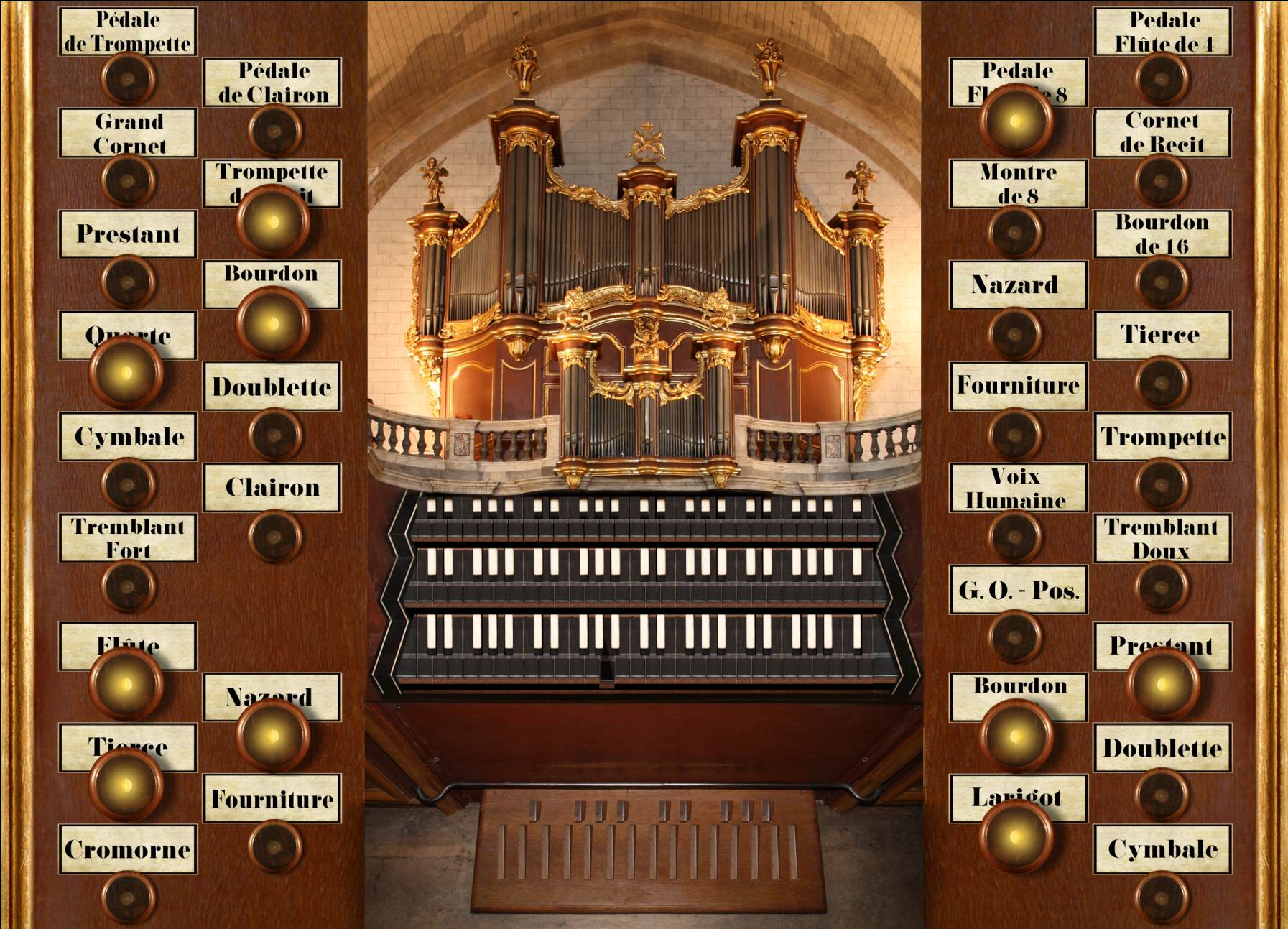
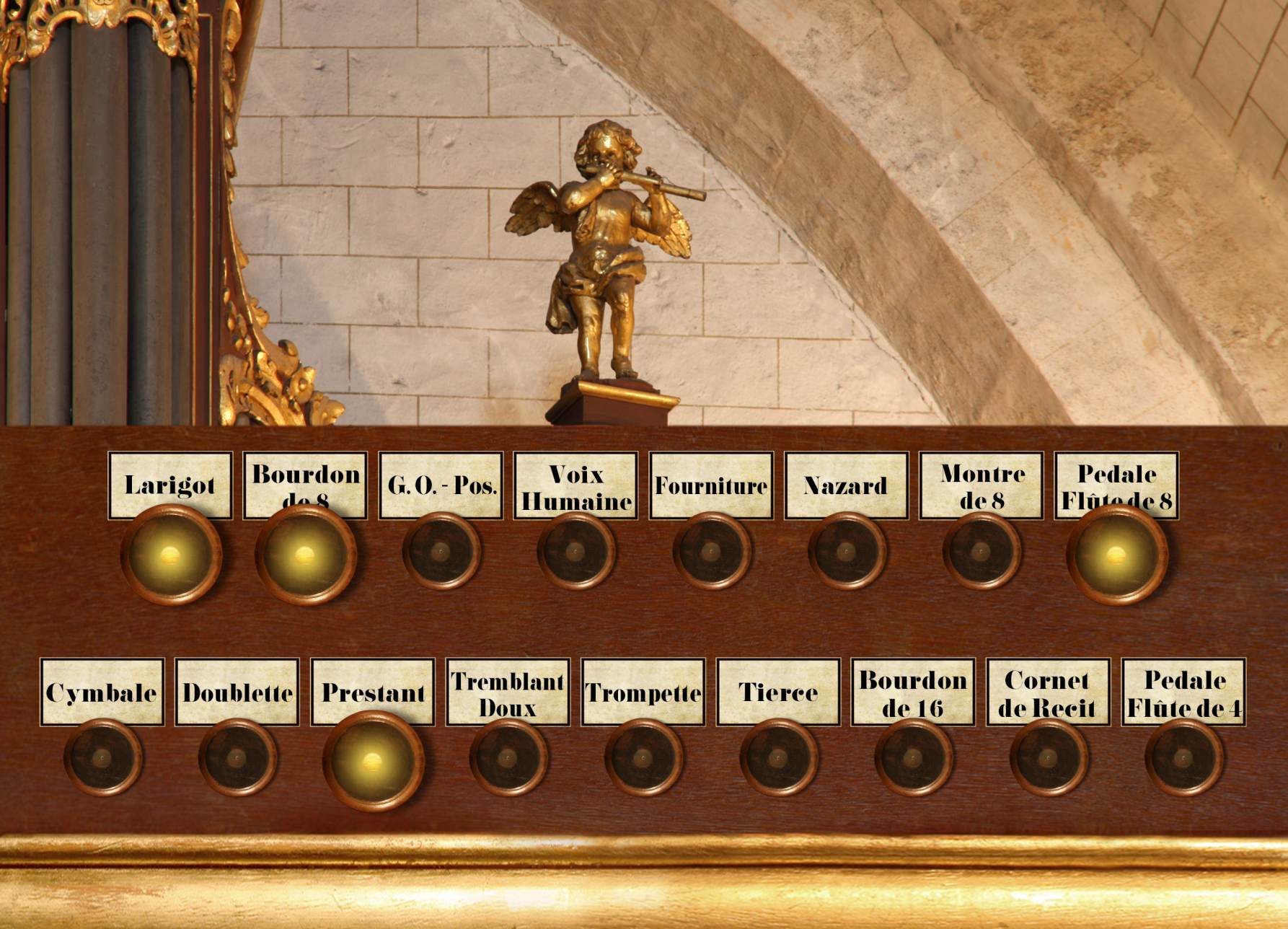
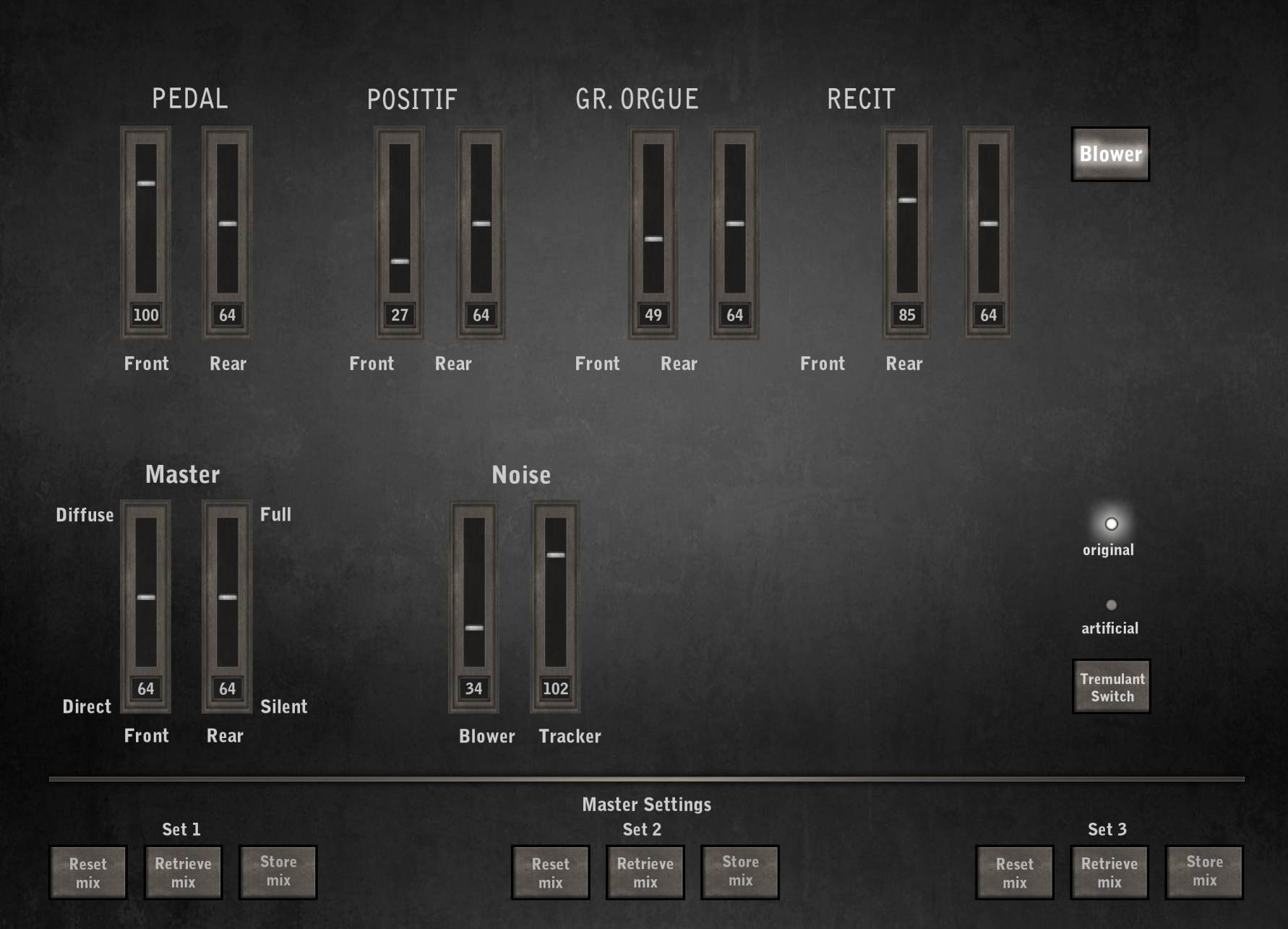
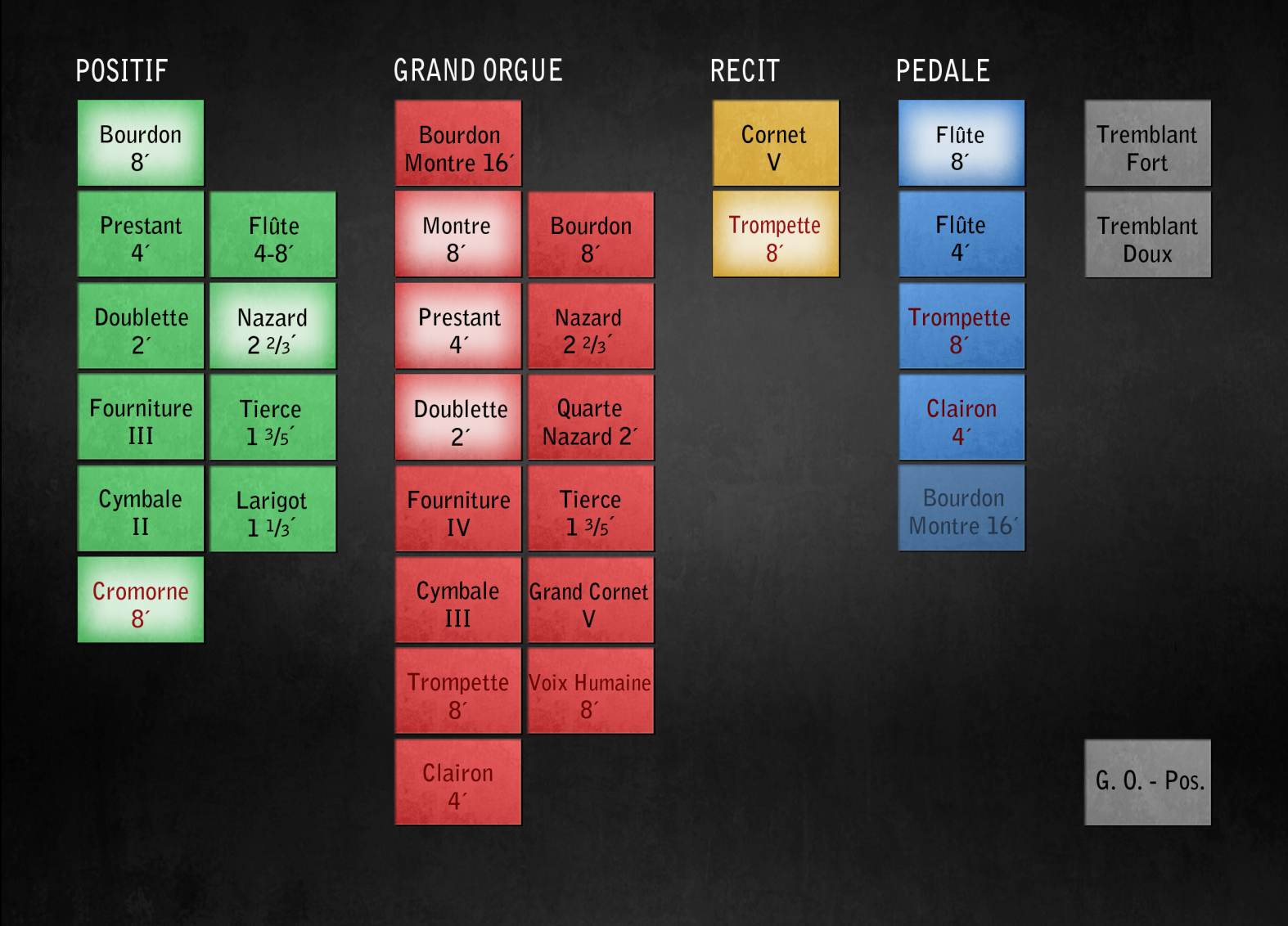
Requirements
Hauptwerk v.5 and higher supported. The sample set is encrypted, dongle protected.
16-bit, other settings default: 16.2 GB
20-bit, other settings default: 26.0 GB (recommended)
24-bit, other settings default: 30.7 GB
RAM consumption: 2-channel (front-direct solo for a semi-dry experience)
16-bit, other settings default: 5.8 GB
20-bit, other settings default: 9.1 GB
24-bit, other settings default: 10.6 GB
Screen resolution 1280x1024 px or more. Polyphony of 4500 voices recommended for the full suround. Polyphony of 2500 simultaneous pipes recommended for use of the wet sample set.
This Hauptwerk Sample Set is presented to you by Leonart Studio, an authorised reseller for the manufacturer Sonus Paradisi in Switzerland (shipping internationally). Enjoy this digitally sampled organ library for the use with Hauptwerk software and start expanding your historical organ collection today.
More Hauptwerk Sample Sets
-
Casavant, 1995 [Hauptwerk]
Proveedor:Sonus ParadisiPrecio habitual CHF 174.90Precio habitualPrecio unitario / por -
Reuter, 1928 [Hauptwerk]
Proveedor:Sonus ParadisiPrecio habitual CHF 473.00Precio habitualPrecio unitario / por -
Rotterdam Hoofdorgel, 1973 [Hauptwerk]
Proveedor:Sonus ParadisiPrecio habitual A partir de CHF 330.00Precio habitualPrecio unitario / porCHF 958.10Precio de oferta A partir de CHF 330.00Oferta -
Groningen, 1450-1740 [Hauptwerk]
Proveedor:Sonus ParadisiPrecio habitual A partir de CHF 658.90Precio habitualPrecio unitario / porCHF 1,681.90Precio de oferta A partir de CHF 658.90Oferta -
Goerlitz, 2006 [Hauptwerk]
Proveedor:Sonus ParadisiPrecio habitual A partir de CHF 328.90Precio habitualPrecio unitario / por -
Bückeburg, 1997 [Hauptwerk]
Proveedor:Sonus ParadisiPrecio habitual A partir de CHF 1.10Precio habitualPrecio unitario / por -
Brasov, 1839 [Hauptwerk]
Proveedor:Sonus ParadisiPrecio habitual CHF 418.00Precio habitualPrecio unitario / por -
St. Omer, 1717-1855 [Hauptwerk]
Proveedor:Sonus ParadisiPrecio habitual CHF 323.40Precio habitualPrecio unitario / porCHF 410.96Precio de oferta CHF 323.40Oferta -
Stellwagen organ, St. Marien, Stralsund (1659)
Proveedor:Sonus ParadisiPrecio habitual CHF 858.00Precio habitualPrecio unitario / por -
![Clavichord Model [Hauptwerk]](//artful.shop/cdn/shop/files/ss_clavichord.jpg?v=1724310155&width=533) Agotado
AgotadoClavichord Model [Hauptwerk]
Proveedor:Sonus ParadisiPrecio habitual CHF 33.00Precio habitualPrecio unitario / por

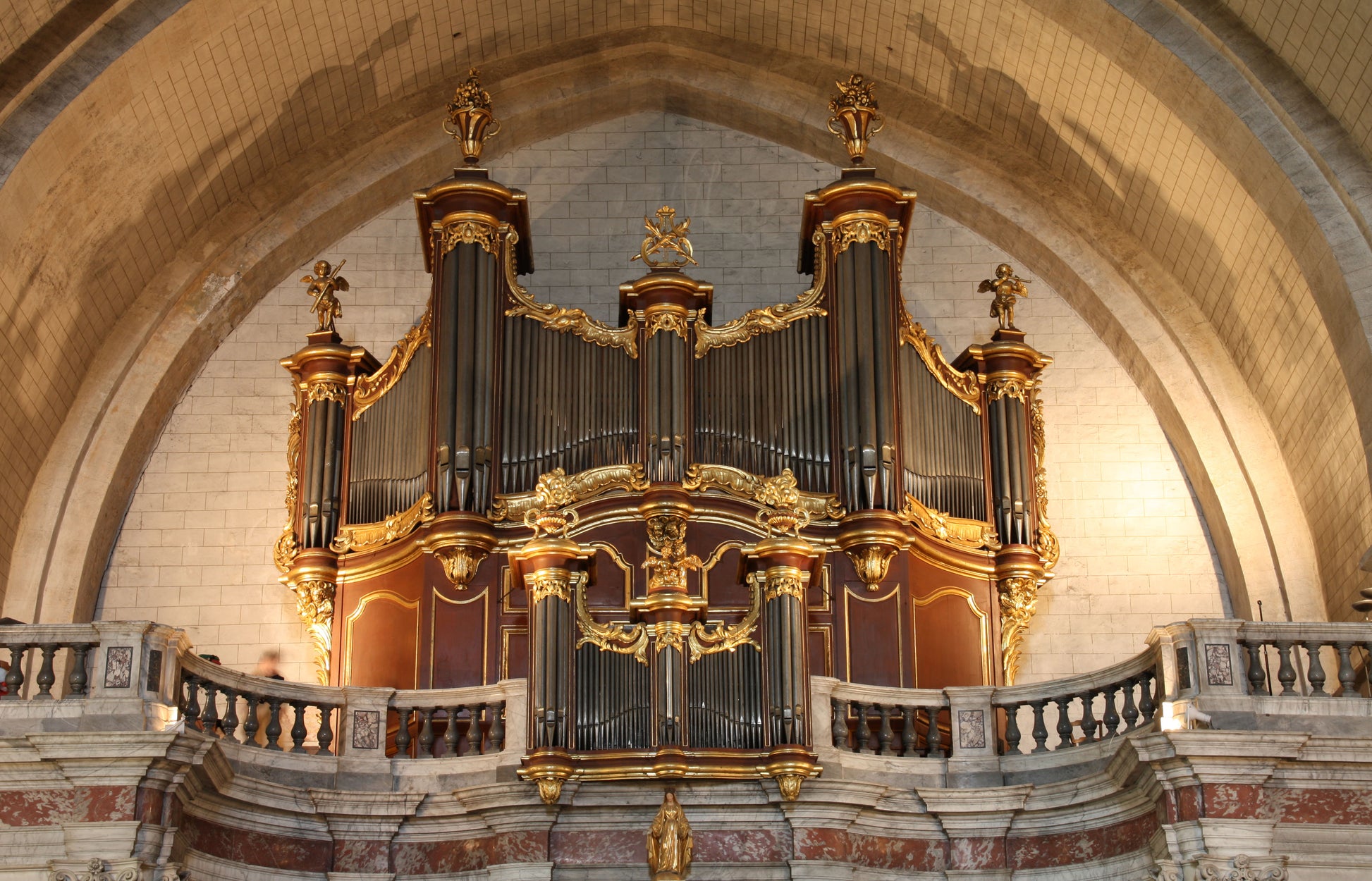
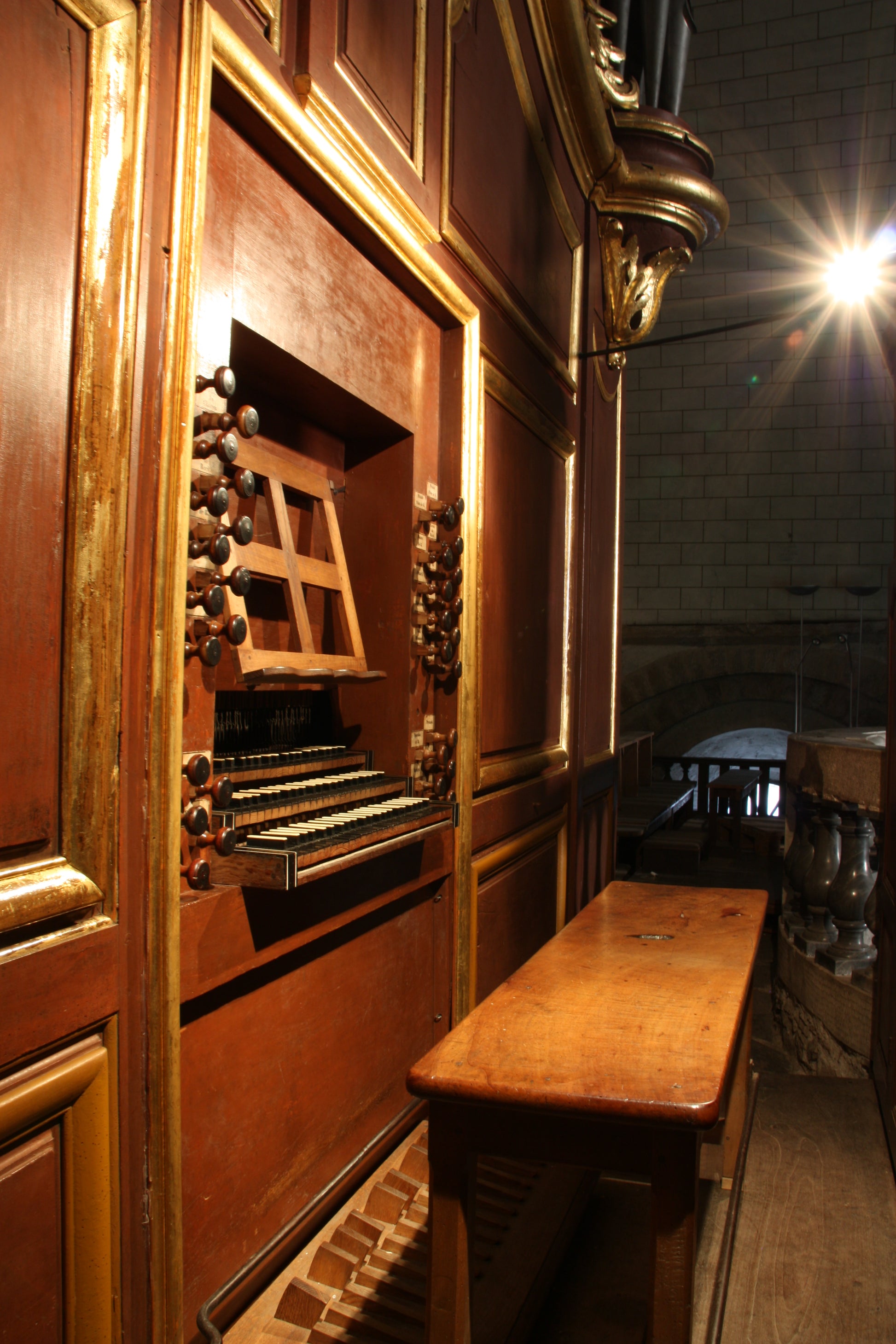
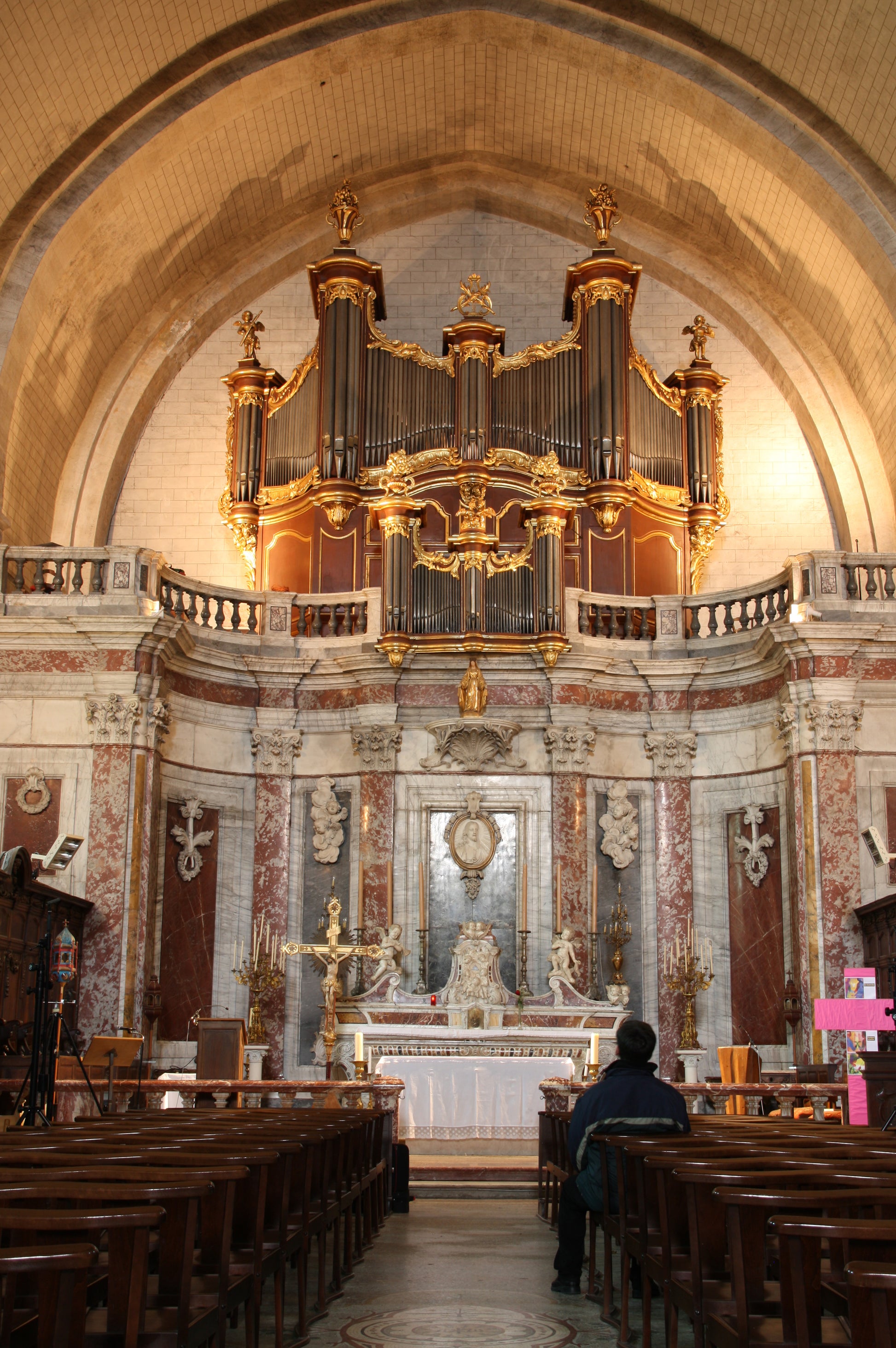
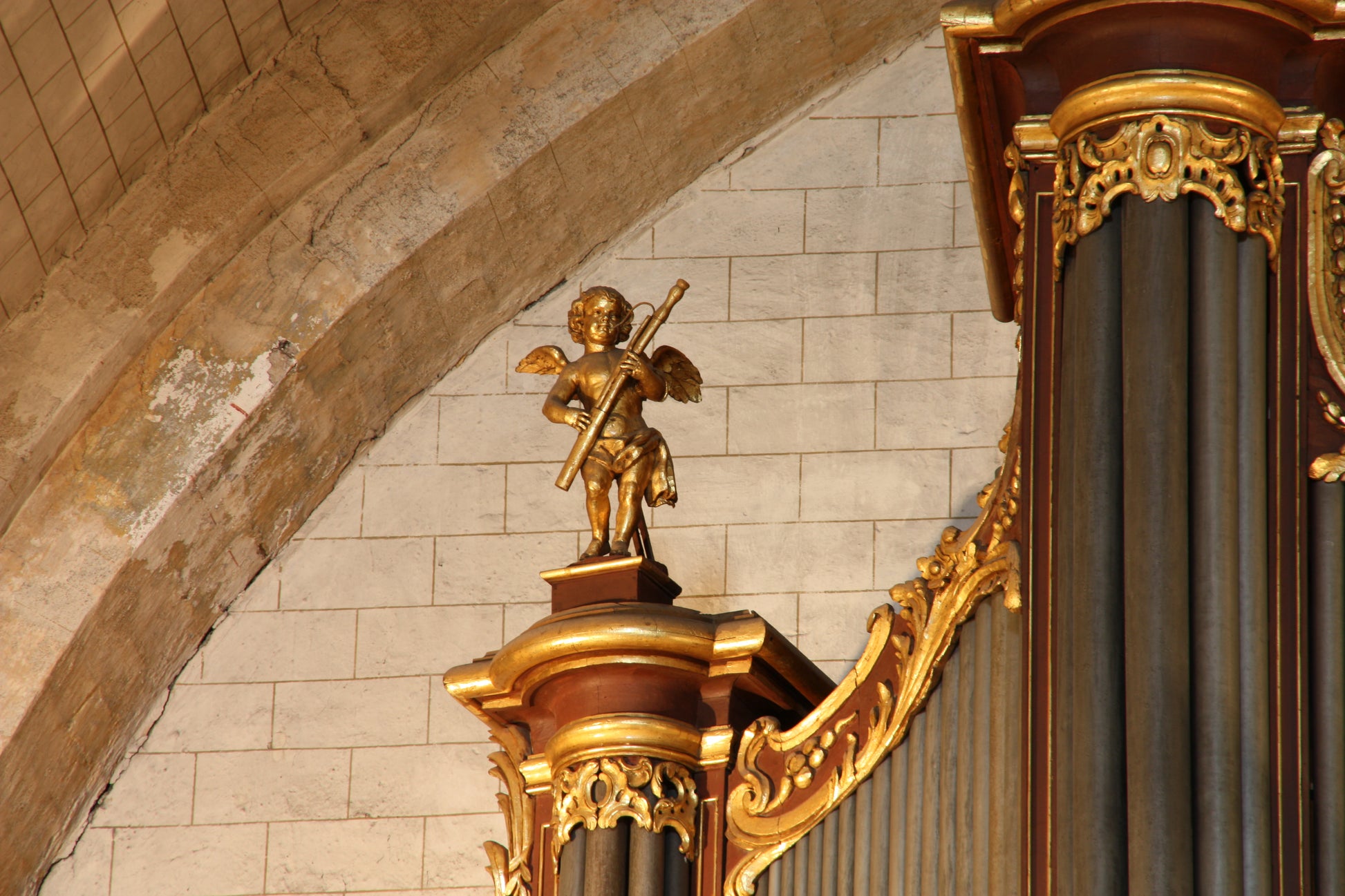
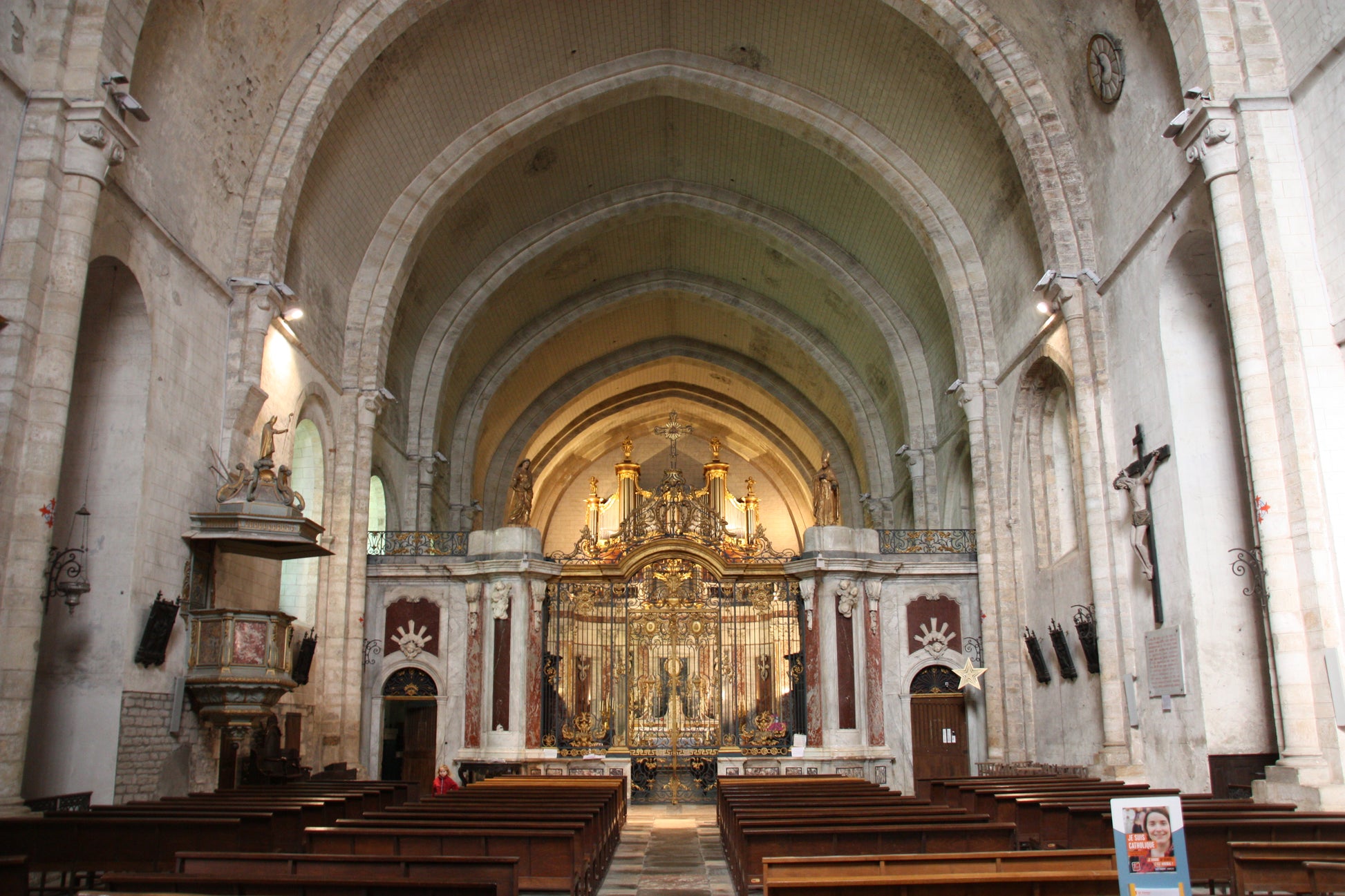
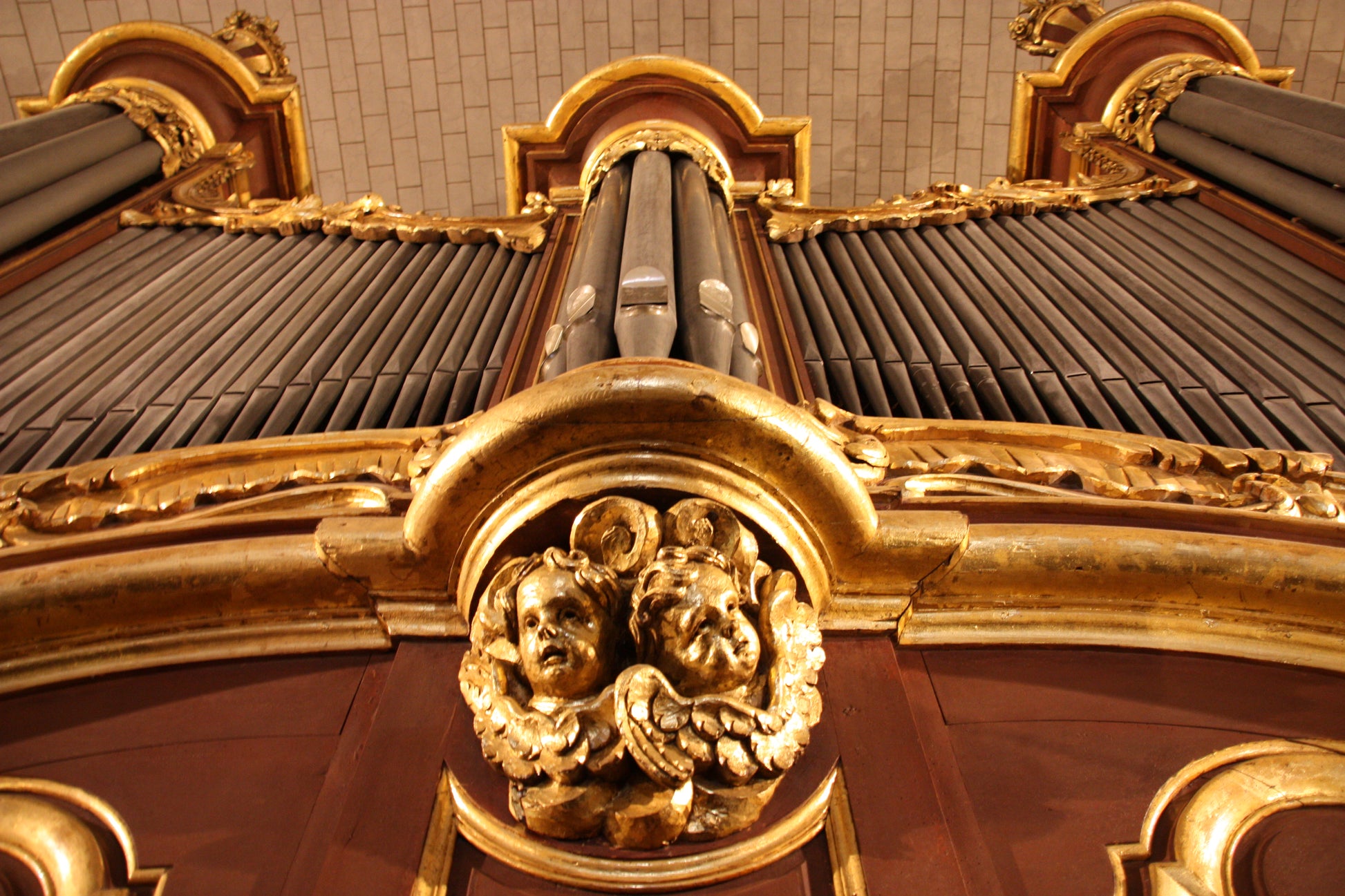
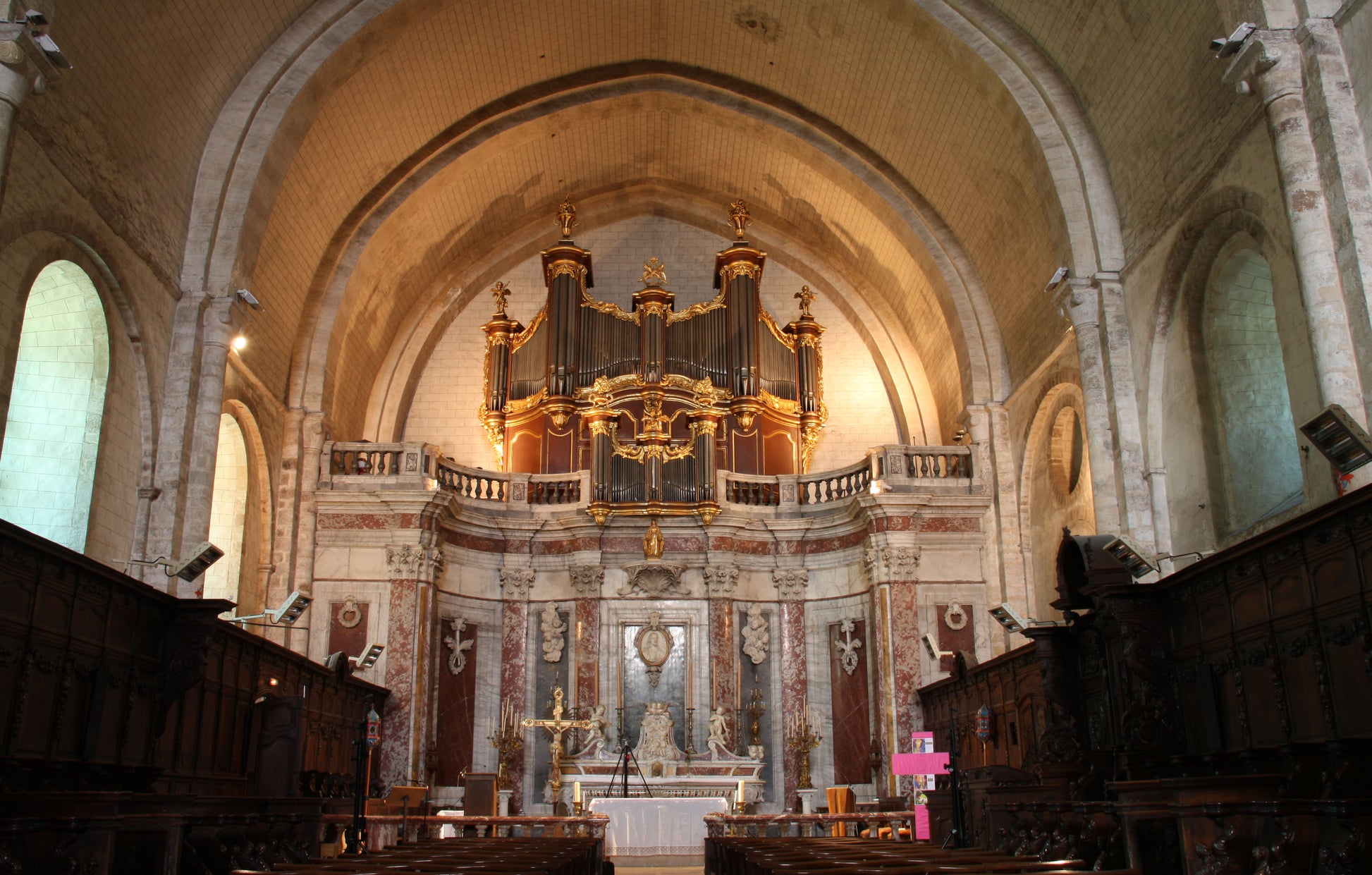
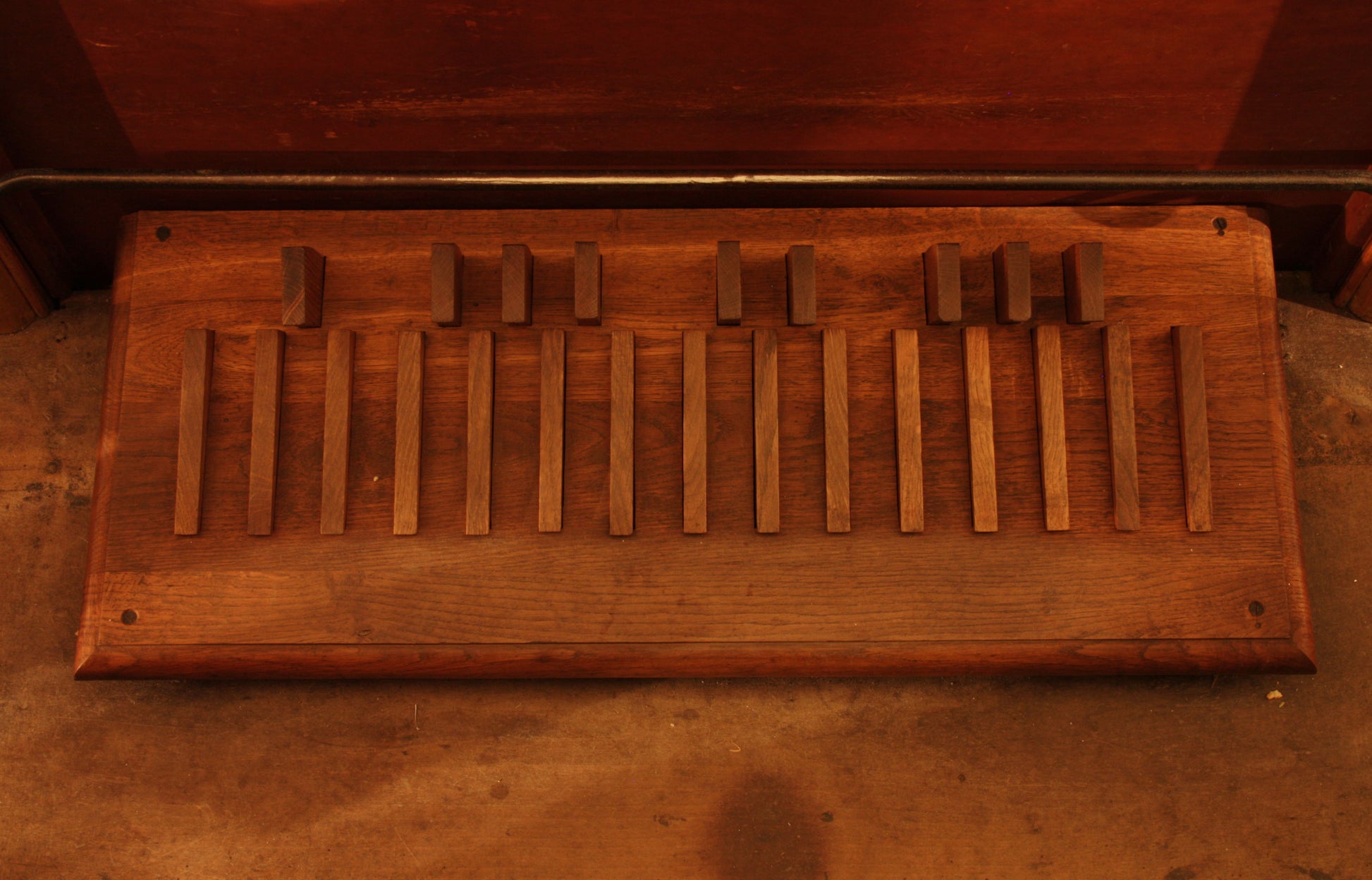
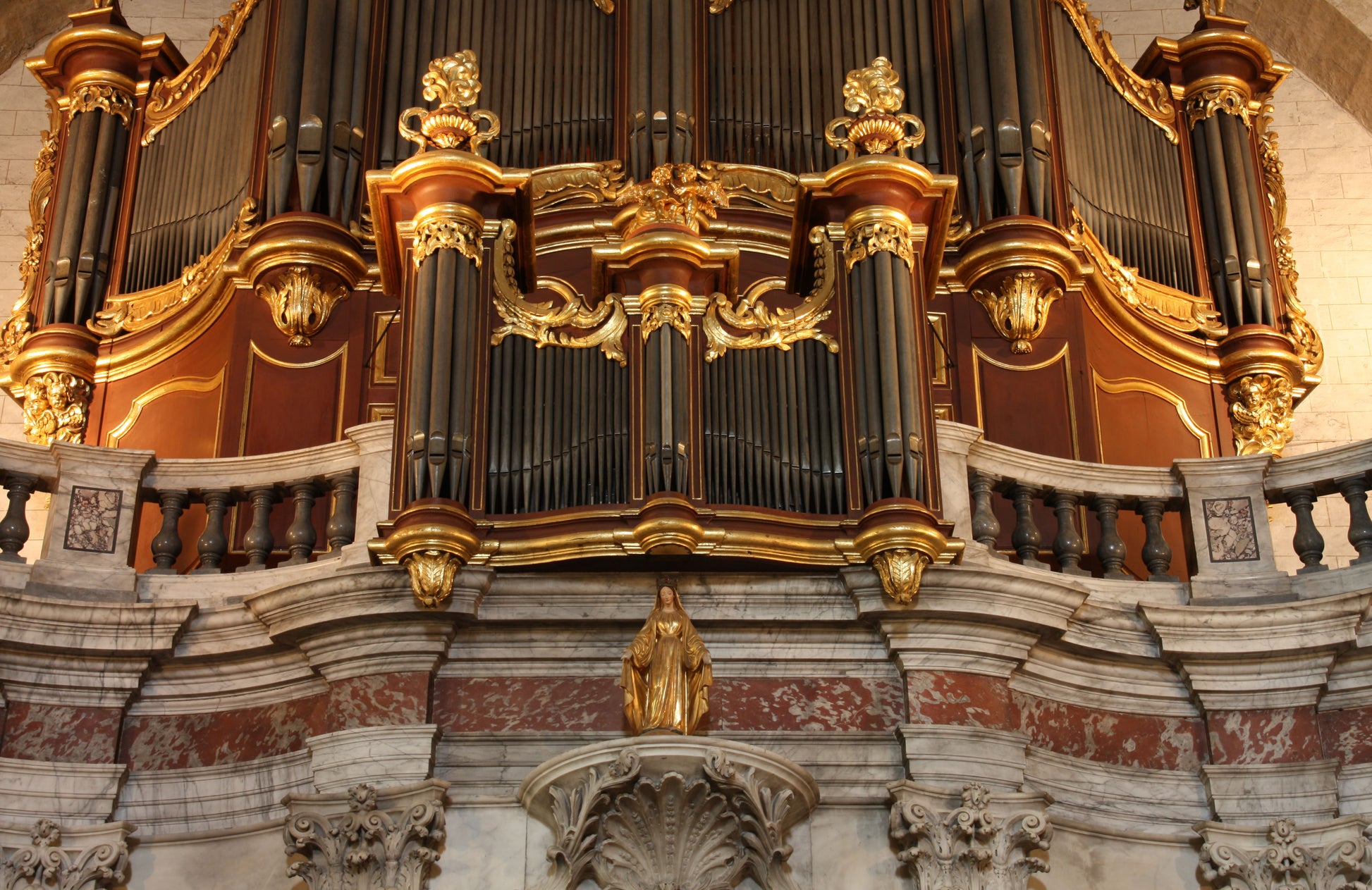
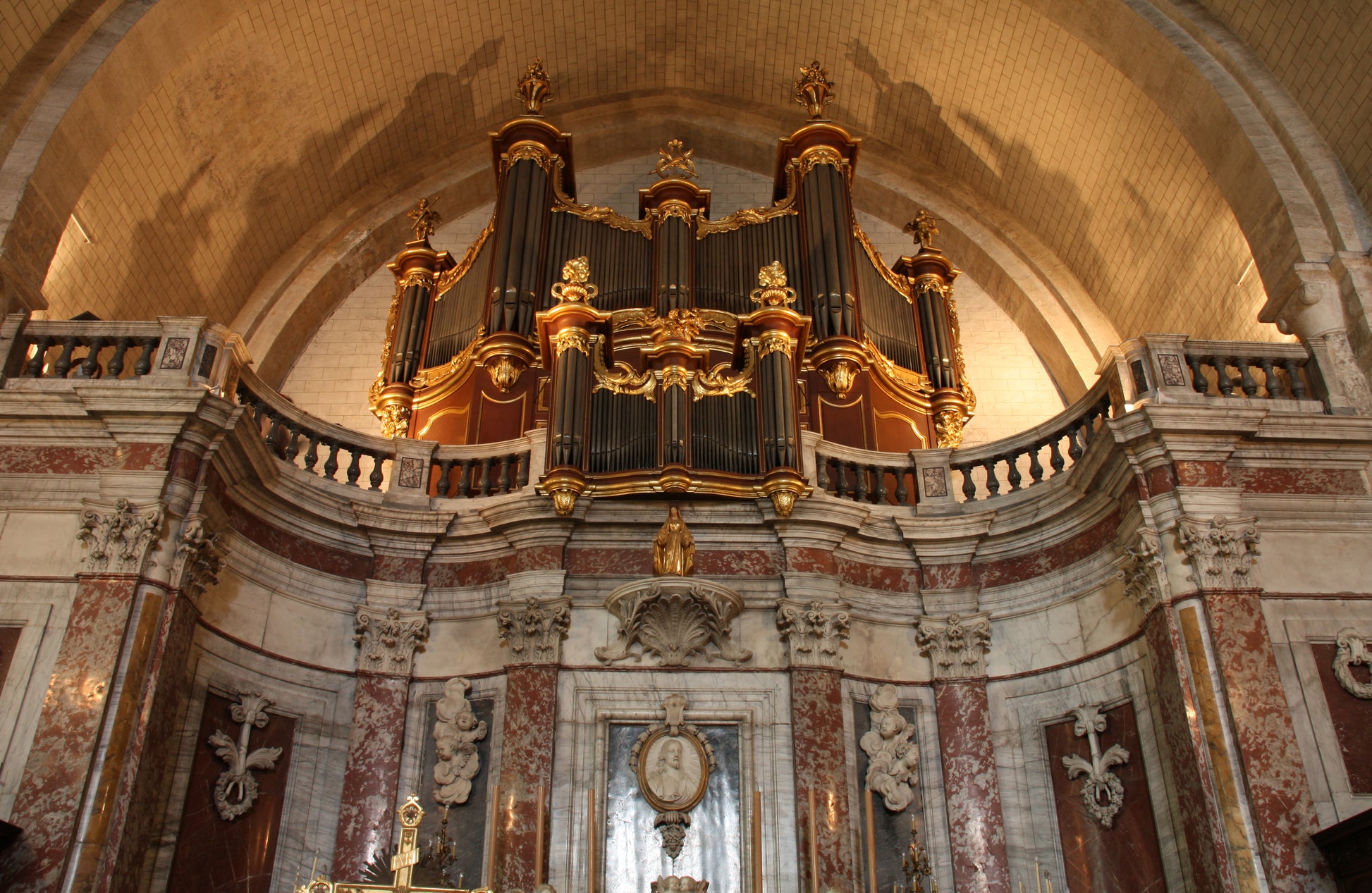
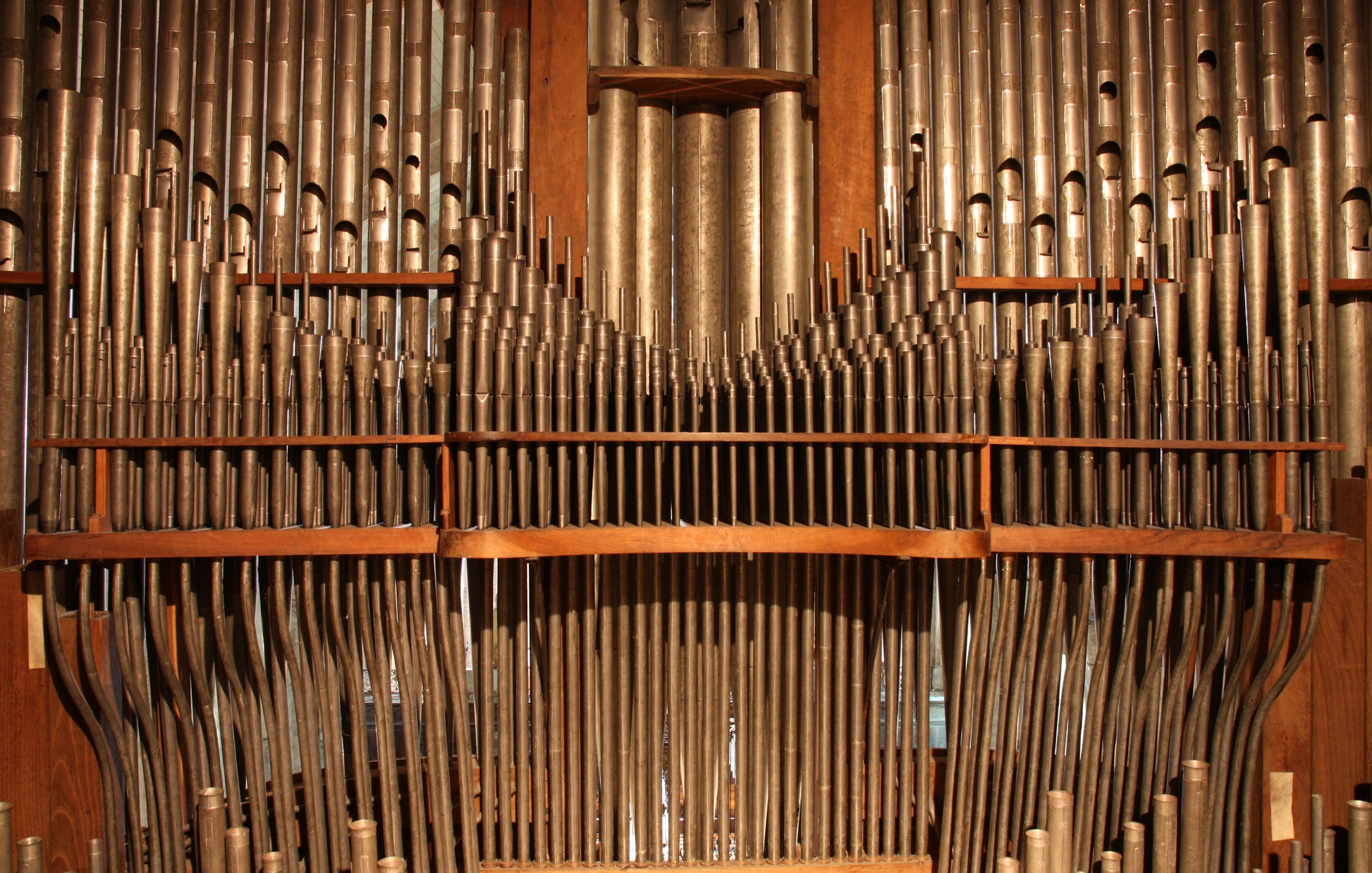
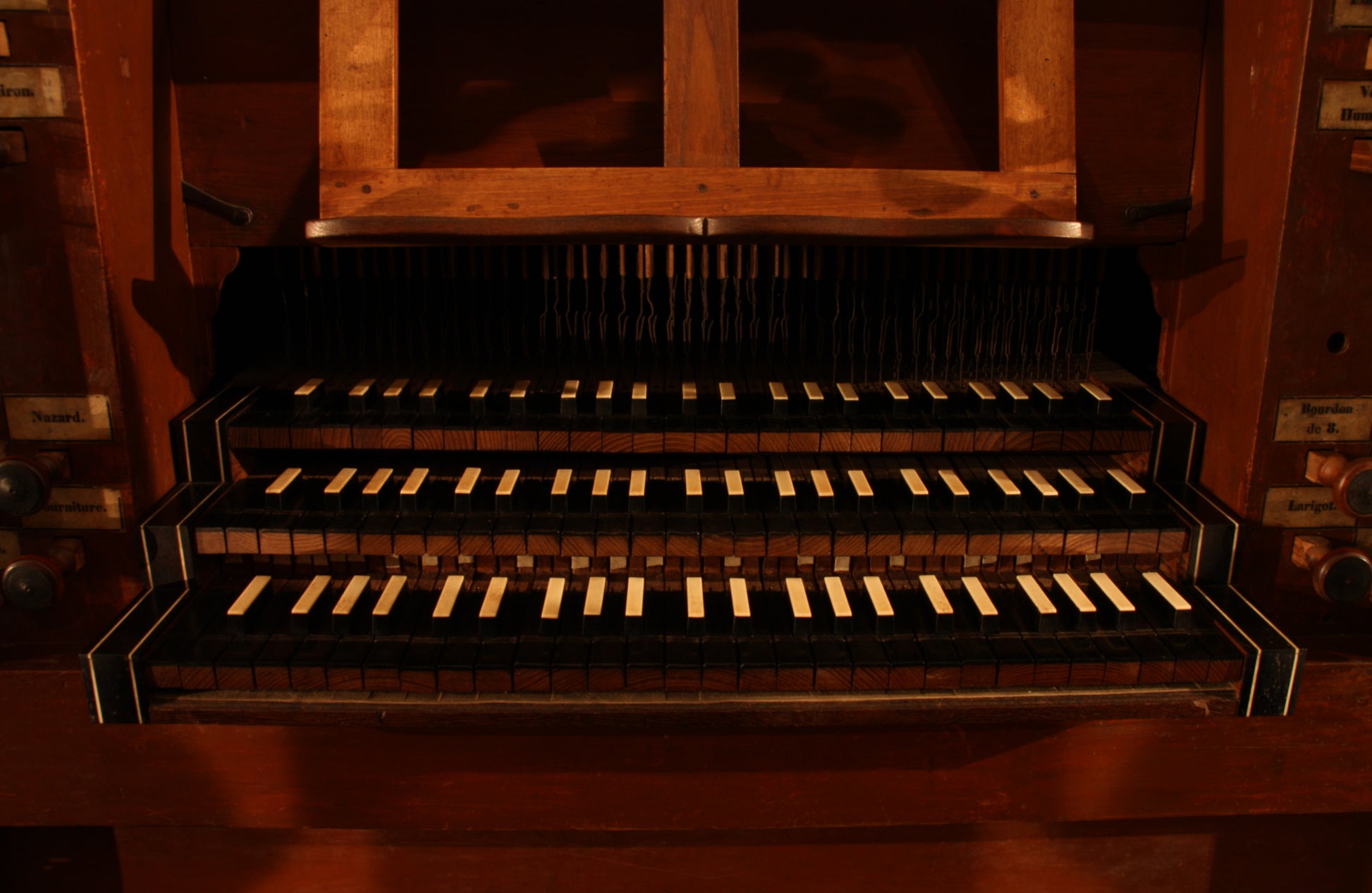
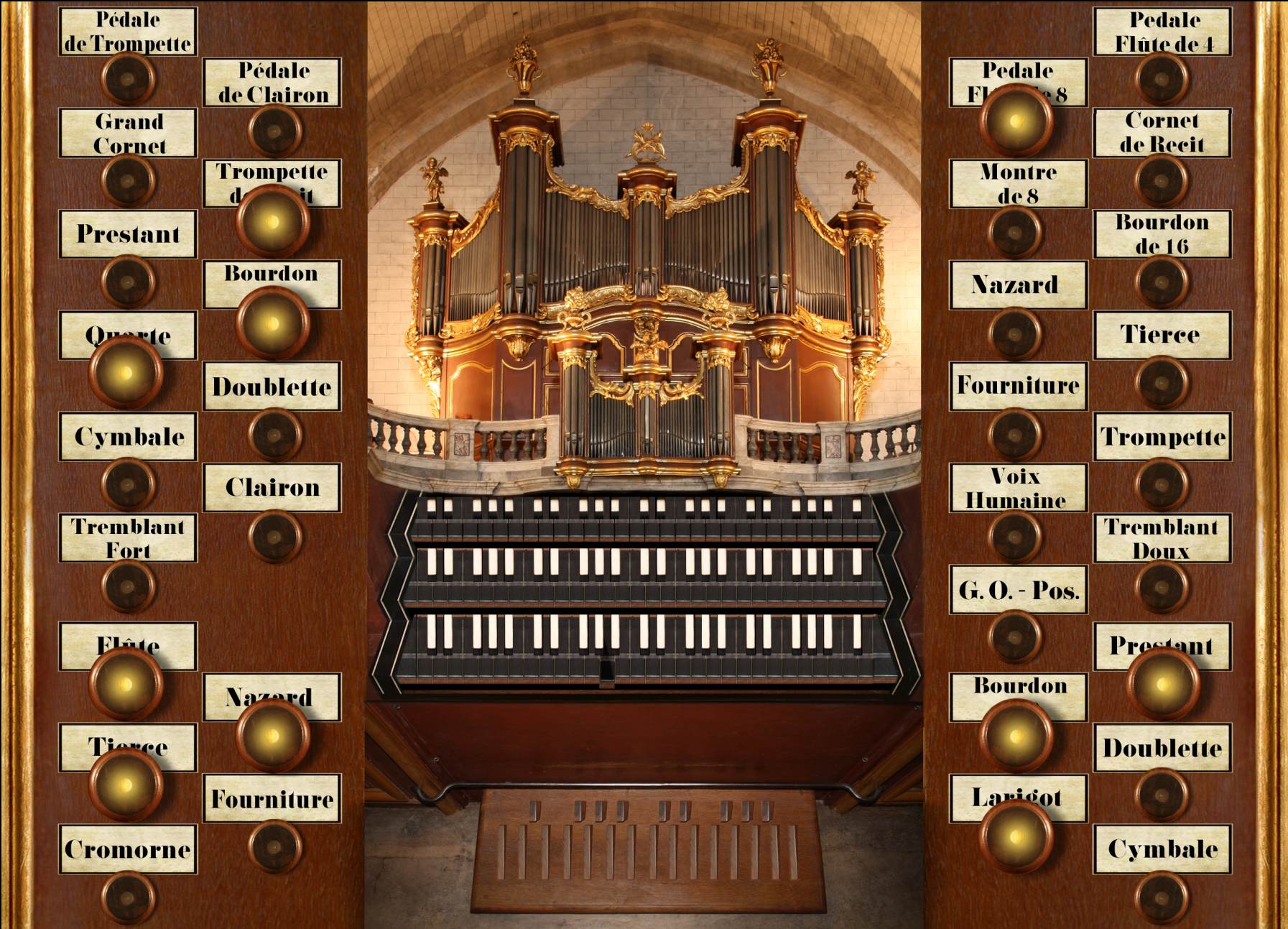
![Casavant, 1995 [Hauptwerk]](http://artful.shop/cdn/shop/files/ss_casavant1.jpg?v=1693319885&width=533)
![Reuter, 1928 [Hauptwerk]](http://artful.shop/cdn/shop/files/ss_Reuter1.jpg?v=1693321024&width=533)
![Rotterdam Hoofdorgel, 1973 [Hauptwerk]](http://artful.shop/cdn/shop/files/ss_RotterdamMain1.jpg?v=1693279529&width=533)
![Groningen, 1450-1740 [Hauptwerk]](http://artful.shop/cdn/shop/files/ss_Groningen1.jpg?v=1693275425&width=533)
![Goerlitz, 2006 [Hauptwerk]](http://artful.shop/cdn/shop/files/ss_goerlitz1.jpg?v=1692995837&width=533)
![Bückeburg, 1997 [Hauptwerk]](http://artful.shop/cdn/shop/files/ss_bueckeburg1.jpg?v=1692967628&width=533)
![Brasov, 1839 [Hauptwerk]](http://artful.shop/cdn/shop/files/ss_brasov1.jpg?v=1692967057&width=533)
![St. Omer, 1717-1855 [Hauptwerk]](http://artful.shop/cdn/shop/files/ss_omer1.jpg?v=1692904128&width=533)
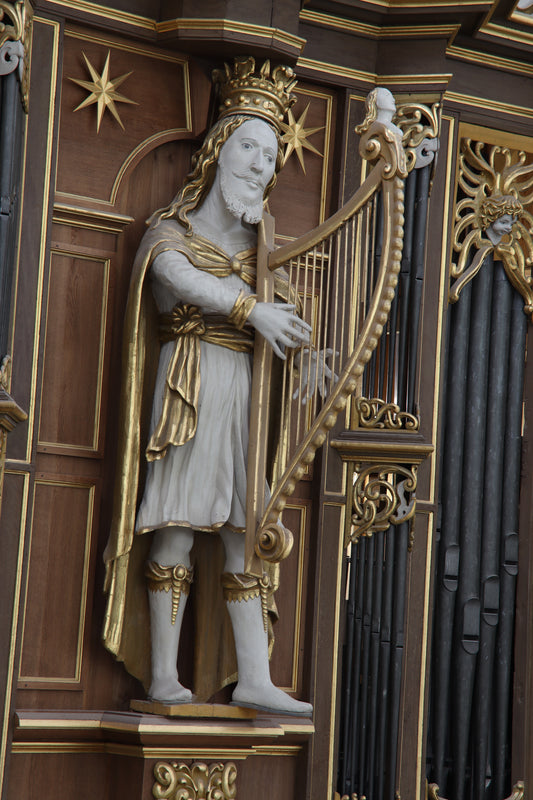
![Clavichord Model [Hauptwerk]](http://artful.shop/cdn/shop/files/ss_clavichord.jpg?v=1724310155&width=533)